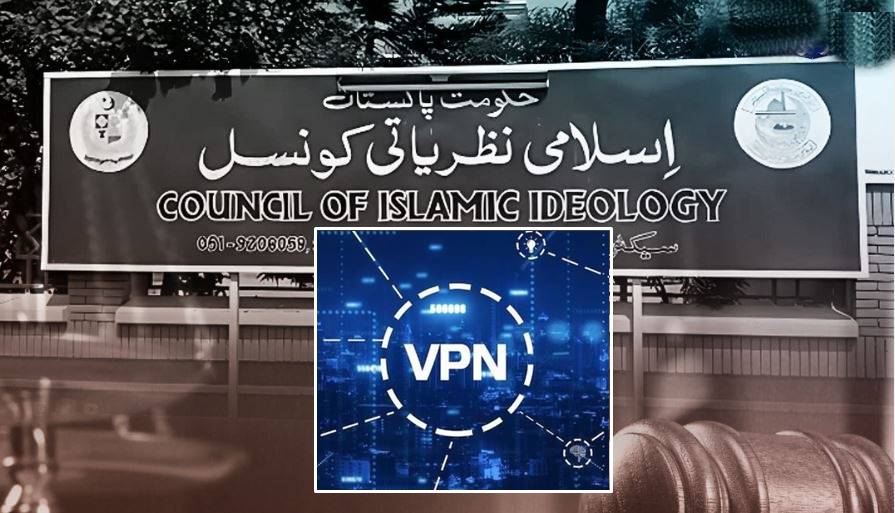ISLAMABAD – Pakistanis continue to use Virtual Private Networks (VPNs) to access banned sites and some social platforms like X, which are restricted in the country, and now the government started banning unregistered VPNs – a move that prompted a response from Islamic scholars.
As authorities restricted scores of VPNs across the country of 240 million, Chairman of Council of Islamic Ideology (CII) Dr. Raghib Hussain Naeemi declared use of Virtual Private Networks (VPNs) to access blocked or unlawful websites as un-Islamic.
Amid contrasting statements, Council of Islamic Ideology chief Dr. Naeemi said state must take action to restrict immoral and unethical content, aligning with CII’s stance on blocking VPNs to uphold societal and religious values.
He backed support for government measures aimed at restricting these proxy networks, specifically those being used to access blasphemous or explicit material. Dr. Naeemi stressed that using internet or software like VPNs to access prohibited content is forbidden under Shariah law, labeling it as “assistance in sin.”
He commended government’s ongoing efforts to block VPN services and called for stronger enforcement to curb technologies that undermine legal compliance and moral values. He explained that while VPNs are typically used for enhanced security and privacy, they are frequently exploited to access illegal or harmful websites, including those spreading disinformation or promoting immoral content.
He further added that VPNs are often used to bypass restrictions on prohibited content, and such use is considered a violation of Shariah law.
‘Over 20 million Daily Porn Searches in Pakistan’
The recent development comes as telecom authority restricted over 9lac links to offensive and pornographic websites, including 100,183 blasphemous URLs and 844,008 pornographic sites.
PTA said nearly 20 million daily access attempts, many users bypass these restrictions using VPNs as it continues to enhance its web filtering systems to curb illicit online content.










